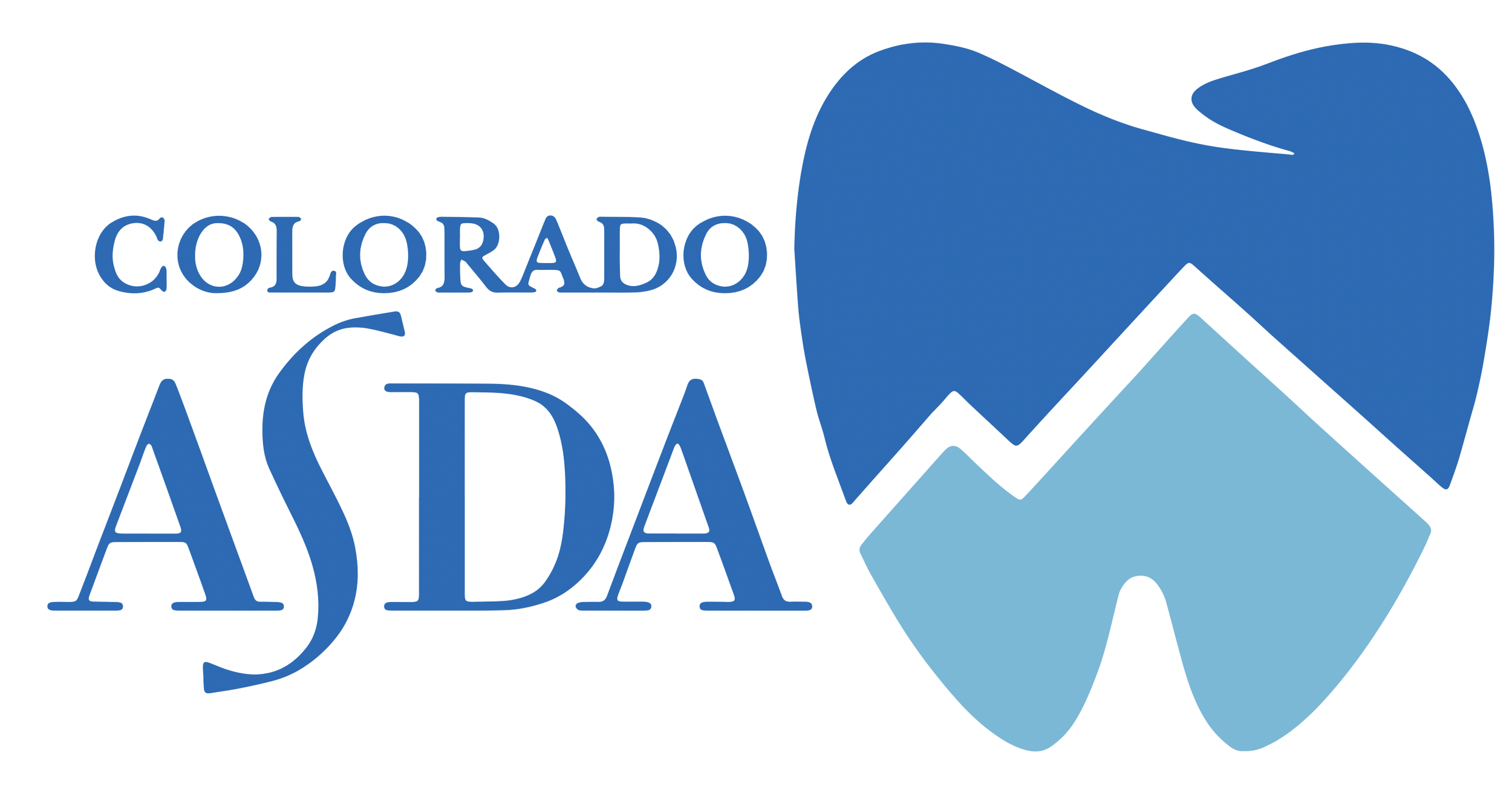 I grew up being interested in serving my country because both of my grandfathers had done so. My only dilemma was how I could accomplish that. While applying to dental school, I realized that I could be a dentist, serve my country, and have my schooling paid for. All of my ducks were nicely lined up and I began my journey to become a dentist. Now let’s dive deeper into my decision to serve.
I grew up being interested in serving my country because both of my grandfathers had done so. My only dilemma was how I could accomplish that. While applying to dental school, I realized that I could be a dentist, serve my country, and have my schooling paid for. All of my ducks were nicely lined up and I began my journey to become a dentist. Now let’s dive deeper into my decision to serve.
My life in dental school is much easier thanks to my military commitment. The full ride scholarship is welcomed, especially during a time when dental schools are charging 4 year tuitions that equate to a full mortgage. You graduate with a foundation but no house to show for it. My fellow militia and I also receive a monthly living allowance that can be fairly generous if you live within normal means. Oh, and cross your T’s and dot your I’s at the right time and you may qualify for a large signing bonus!
I know what you are thinking, “With all of these benefits, there must be a catch, right?”. Well yes there is…kind of. A military lifestyle is not for everyone. A 4-year scholarship requires a 4 year pay pack while living in about 2-3 different locations. As an officer, it is expected that you will move about every 2 years, and you might not have much say in where you will be going next. This nomadic lifestyle can be stressful on a family, and difficult for a spouse with their own career. If you do not like taking orders, clearly, the military is not for you. Many people choose dentistry for the autonomy. Autonomy does not mix with the military for obvious reasons.
Besides financial benefits, there are many other great reasons to choose the military route. Every day you are serving individuals who are sacrificing their lives for this country. This is an intangible gratification. You can travel and have the opportunity to live almost anywhere in the world. You have 4 years to focus on improving your dental skills. Another overseen aspect is that your patients are not limited by finances and are able to receive the best possible care. This will not apply to the civilian side, but will allow dentists to hone many new skills.
Now lets do some rough math. Out-of-state tuition is roughly $75k a year, roughly $300k at the end plus about $50k in interest at an average rate of 7%. For the military, you can add on an income of $25k a year while in dental school. That is a total scholarship value of $450k. Now the field evens out because the military salary will range from $80-95k. As compared to the average new dentist making $90-130k a year minus debt payments. I did a full break down but I will spare you the minutia. After paying off some of the debt, both parties make out pretty even after 4 years post graduation.
I view my scholarship as a tool to advance my career. I know that it will be hard on my future family and moving around will be cumbersome. There will be days when I envy my civilian counterparts as I float along on a ship in the middle of the ocean. There will be plenty of hardships and unfortunate circumstances. I like to live life with an open mind. I know that this experience will help my career and my family to grow. I will gain experience working with specialists of all kinds and have unique experiences that only a military dentist can have (helicopter rides, aircraft carriers, etc.)
I was given some advice years ago, “Do not choose the military scholarship for the money. Choose to serve your country and the finances are a perk.” I think this sums things up nicely. The money looks really nice in order to avoid the student loan debt, but there are many costs of every day life as a military dentist. I like to put it this way: You have to pay someone either way, it just depends on how you want to pay it. The traditional student is paying monetary debt. The military student is paying with their time. If you want to serve your country and do dentistry, the scholarship is a good choice for you.




 One sunny spring evening, I had the pleasure of attending a Colorado New Dentist Committee study club meeting focused on ‘success as a New Dentist in the first 5 years.’ We had the honor of listening to guest speaker Mark Bonnett of North Star Resource Group give a lecture on what it takes to start a practice or be a successful associate employee. What I found most interesting (due to its relevance to me as a current dental student) was his later focus on loan repayment, and managing finances once the big paychecks first start coming in.
One sunny spring evening, I had the pleasure of attending a Colorado New Dentist Committee study club meeting focused on ‘success as a New Dentist in the first 5 years.’ We had the honor of listening to guest speaker Mark Bonnett of North Star Resource Group give a lecture on what it takes to start a practice or be a successful associate employee. What I found most interesting (due to its relevance to me as a current dental student) was his later focus on loan repayment, and managing finances once the big paychecks first start coming in.